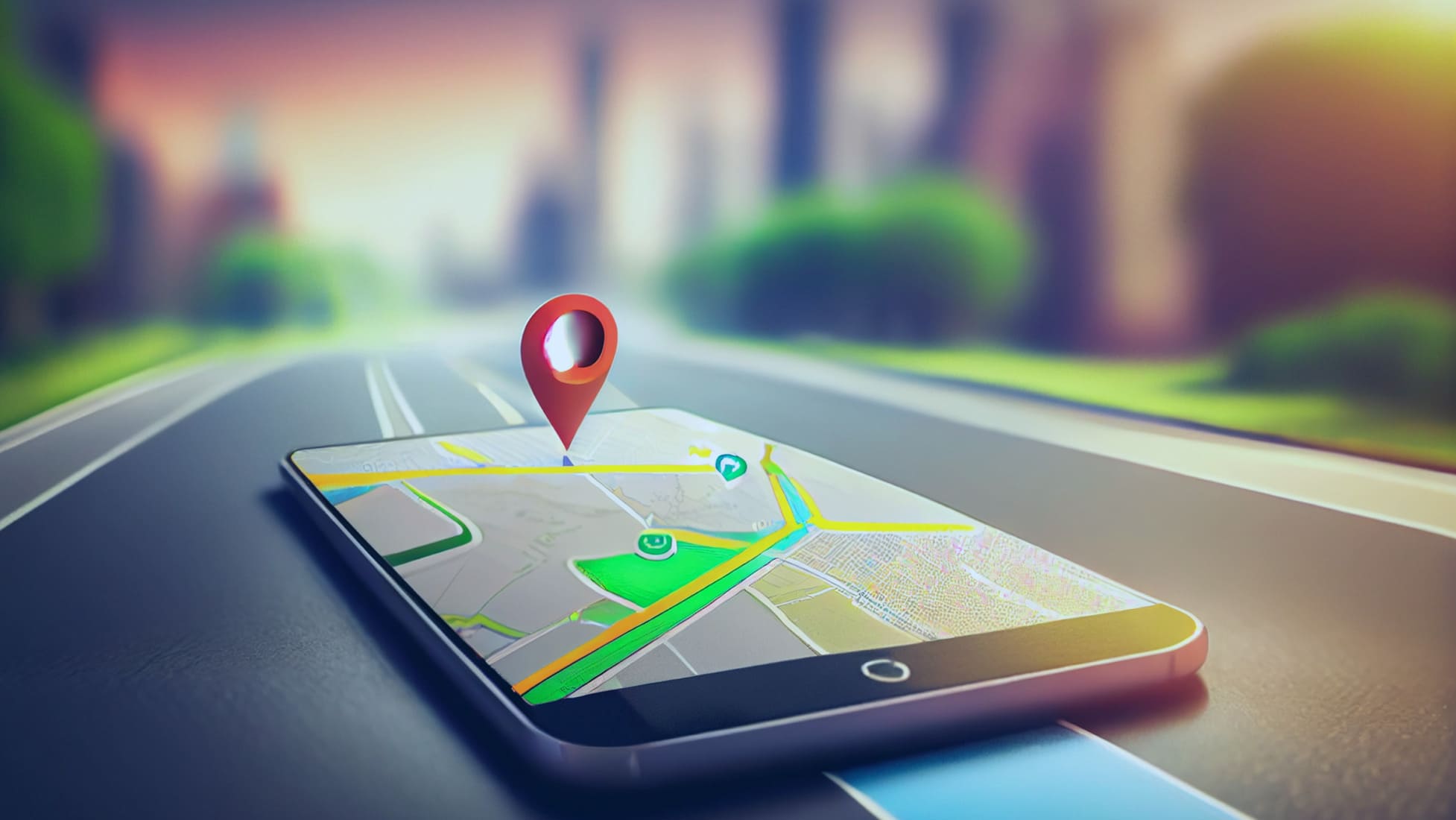Cutting-edge Uses GPS Tracking in Everyday Life
Cutting-edge Uses GPS Tracking in Everyday Life
Blog Article
Navigating the Future of GPS Tracking: Technologies, Challenges, and Opportunities Ahead
As we stand at the crossroads of technical advancements and societal implications, the landscape of GPS monitoring is poised for a transformative trip ahead. The evolution of GPS technology has actually been rapid, introducing a new period of real-time tracking abilities that guarantee unprecedented degrees of precision and effectiveness. With wonderful development comes fantastic responsibility, as data personal privacy problems loom large and safety and security difficulties in GPS monitoring raise pertinent questions regarding safeguarding delicate details. Among these obstacles exist concealed chances waiting to be explored, using a glimpse into the untapped potential of a sector at the verge of change.
Development of GPS Modern Technology
The Advancement of GPS Innovation has actually been noted by significant innovations in precision, coverage, and efficiency over the years. Developed for military functions, General practitioner innovation has actually evolved to end up being a common tool in various industries, consisting of transportation, logistics, farming, and personal navigating. Early general practitioner systems were identified by minimal protection, reduced accuracy, and bulkier equipment requirements. With ongoing technical technologies, GPS has actually transitioned to more accurate and reliable systems that use worldwide protection and improved accuracy.
One trick milestone in the advancement of GPS technology was the advancement of Discerning Schedule (SA) in the 1990s, which purposefully deteriorated the precision of private GPS signals. The discontinuation of SA in 2000 significantly improved GPS accuracy for civilian customers. Subsequent advancements, such as the deployment of added satellite constellations like Galileo and BeiDou, have additionally boosted GPS coverage and precision, making it a vital tool in daily life. As general practitioner modern technology remains to evolve, we can expect more enhancements in effectiveness, accuracy, and insurance coverage, opening up new opportunities for advancement and applications across numerous sectors.
Real-Time Tracking Advancements
Building on the improvements in GPS modern technology that have actually transformed precision and protection, real-time monitoring has emerged as a pivotal location of development with extensive effects across different industries. Real-time tracking developments make it possible for companies and organizations to monitor workers, possessions, and automobiles immediately, offering beneficial insights for decision-making procedures - gps tracking. By leveraging real-time data, business can boost operational effectiveness, enhance customer care, and make sure the safety and security and security of their assets
Among the key advancements in real-time tracking is the integration of synthetic knowledge and maker understanding formulas, which make it possible for predictive analytics and anomaly discovery. These capabilities enable proactive maintenance organizing, path optimization, and danger reduction approaches. The development of real-time monitoring systems has actually led to the growth of mobile applications and personalized dashboards, empowering customers to accessibility vital info anytime, anywhere.
Data Privacy Worries

Data personal privacy problems encompass numerous aspects, consisting of the storage space, sharing, and retention of place information. Businesses need to implement durable safety measures to safeguard general practitioner monitoring data from cyber dangers and data breaches. Transparent policies pertaining to data collection methods and the purpose of monitoring are essential to build depend on with customers and guarantee compliance with information defense regulations.
Safety Obstacles in GPS Tracking
Addressing information privacy concerns in GPS tracking is intricately linked to alleviating the security challenges that develop from prospective vulnerabilities in the modern technology. One official site of the key security obstacles in GPS monitoring is the threat of unauthorized access to delicate place information.

Another protection difficulty is the possibility for jamming or spoofing GPS signals. Carrying out durable security, authentication measures, and signal verification procedures are crucial actions in attending to these security difficulties in GPS monitoring.
Emerging Opportunities in the Industry
The growing area of GPS tracking modern technology presents a myriad of encouraging chances for sector growth and technology. One crucial chance exists in the expansion of GPS tracking applications past conventional markets. Industries such as logistics, transport, and fleet management have been early adopters of GPS modern technology. Arising possibilities are currently occurring in areas like healthcare, farming, and ecological monitoring. For example, general practitioner tracking can revolutionize person treatment by making it possible for remote monitoring of vital indications and making sure timely clinical aid. In farming, general practitioner technology can optimize plant administration methods and improve general yield. Furthermore, ecological monitoring can gain from GPS monitoring by enabling real-time data collection for climate research and preservation initiatives.
Furthermore, the raising need for connected devices and IoT services presents a ripe chance for General practitioner monitoring firms to broaden their offerings and develop ingenious services that provide to a much more linked world. By capitalizing on these arising possibilities, General practitioner monitoring companies can place themselves for continual growth and success in the dynamic landscape click here for more of the sector.
Conclusion
In verdict, the future of GPS tracking is noted by continuous advancement and development in innovation. Real-time tracking developments and emerging possibilities present promising prospects for the industry. Nonetheless, data privacy worries and security difficulties stay significant obstacles that require to be addressed. As the sector progresses, browsing these challenges will certainly be important to ensure the ongoing growth and success of general practitioner tracking technology.
With terrific innovation comes terrific obligation, as information privacy worries loom big and safety and security obstacles in General practitioner monitoring raise essential questions concerning protecting delicate details.With the rapid proliferation of GPS monitoring technology in numerous industries, dealing with information privacy issues has become a critical vital for both consumers and companies alike. The collection of location information via GPS monitoring raises considerable personal privacy concerns, as it makes it possible for the tracking of people' habits and activities. Organizations utilizing GPS tracking need to prioritize guarding this data to protect against unapproved accessibility or abuse that might jeopardize individuals' personal privacy rights.
Companies need to carry out durable protection measures to protect GPS monitoring information from cyber hazards and data breaches.
Report this page